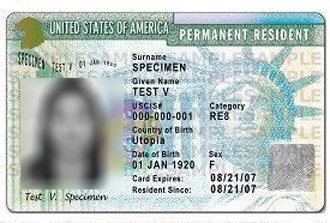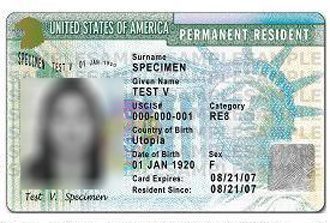The RAISE Act is unclear on the fate of the pending green card applications for immigration.

The RAISE Act that is drafted by the Republican Senators David Perdue and Tom Cotton is equivocal on my facets of immigration. It is being claimed that the Trump endorsed proposal would level the playing field by replacing the current immigration program with a “merit-based” point system. Nonetheless, there are some obvious gray areas. On the one hand, it would benefit young, educated and English-proficient professionals from India; on the other hand, however, this will come to the detriment of those eligible under family provisions and the ones who are already awaiting decisions on their green card petitions.
Nonetheless, there are some obvious gray areas. On the one hand, it would benefit young, educated and English-proficient professionals from India; on the other hand, however, this will come to the detriment of those eligible under family-sponsorship and the ones who are already awaiting decisions on their green card petitions.
Family-sponsored immigration is a major avenue for many aspiring Asian Indian immigrants. The proposed legislation aims to decrease this number to 88,000, from the current 673,000, who were granted immigration under the category in 2015. This means that applicants would have to complete for lesser approvals.
Another contentious issue of the proposal is the fate of the pending green card applications that run in several thousand, and the petitioners have been waiting for more than a decade. The proposed Act charts no provision for the preservation or execution of these petitions. It is likely that these petitions might be eliminated and the applicants may have to reapply under the revised legislation.
Lastly, not all applicants are highly skilled; especially the language proficiency as mandated in the new proposal would be a major hurdle for many. It is no surprise that Indian American lawmakers are critical of the excessive importance given to the English language under the new system. In a recent media interview, Rep. Ro Khanna had said, “There are so many people in the valley, by the way, who didn’t speak fluent English when they came here and are now … leading innovators and have great startups. So this idea that you would be required to have a proficiency in English before you come here, I guess the question is that what problem are they trying to solve … that’s what I don’t understand.”
Overall, all these factors add to the anxiety of the Indian Americans and Asian Indians who would be most affected by changes in immigration rules.



